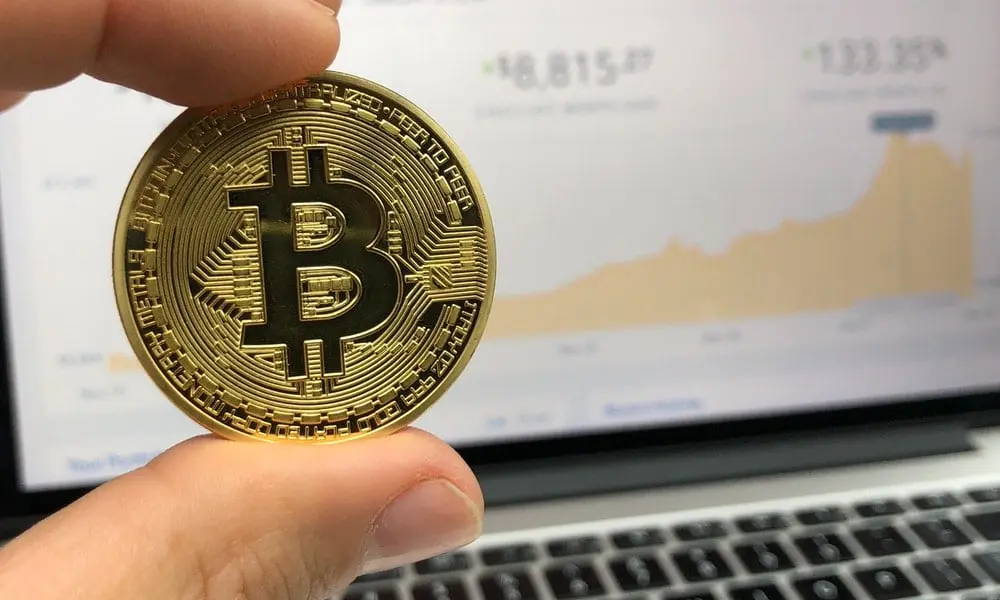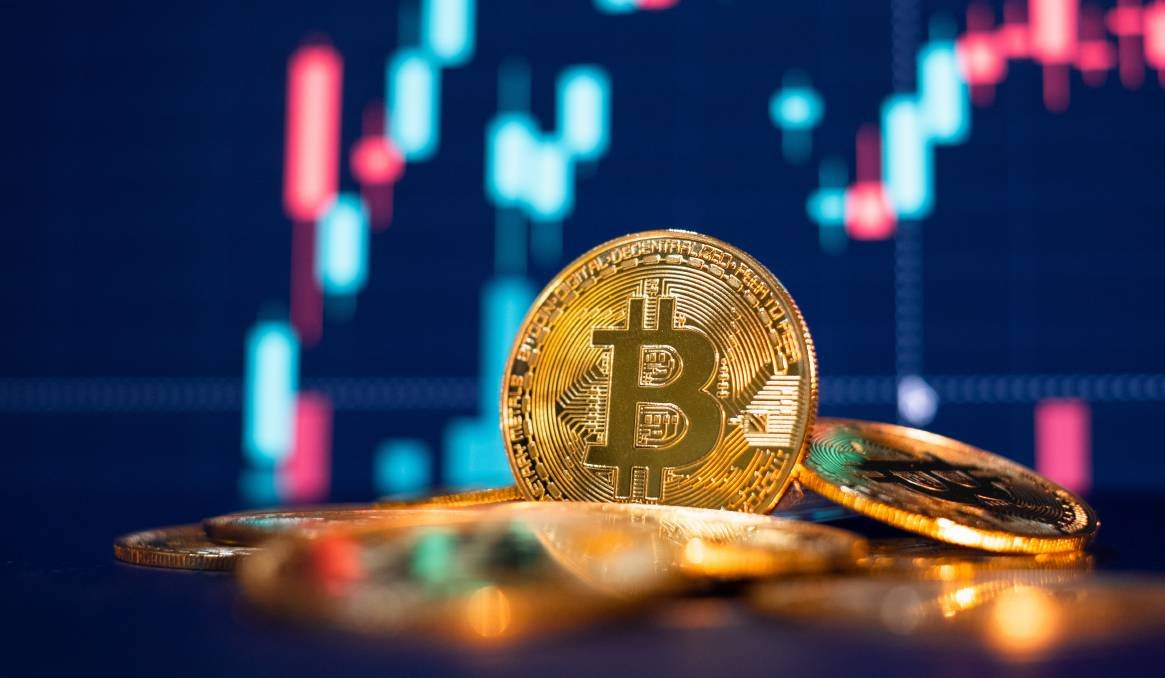As whispers about the U.S. federal government potentially stockpiling Bitcoin to address the national debt grow louder, the financial world stands both mesmerized and skeptical. This speculative plan, allegedly inspired by President-elect Donald Trump’s administration, draws parallels to the cautionary tale of “Sam,” an overly eager investor who inflated a stock price but found no buyers at the peak. Much like Sam’s dilemma, the federal government faces a critical question: if it drives Bitcoin prices sky-high, who will buy when it’s time to sell?
This article dissects the risks and implications of the federal government entering cryptocurrency markets and proposes an alternate approach to improving national economic health—one grounded in cutting bloat, enhancing productivity, and fostering innovation.
Bitcoin as a Debt Payment Strategy: Fantasy vs. Reality
Bitcoin is a volatile, speculative asset with no intrinsic value or income-generating ability. Unlike traditional investments such as stocks, bonds, or real estate, Bitcoin’s worth relies solely on the “greater fool theory”—the hope that someone else will pay a higher price. If the government invests trillions in Bitcoin and inflates its value, selling becomes a colossal challenge. As in a classic pump-and-dump scheme, any miscalculation could leave taxpayers holding the proverbial bag.
Historically, Bitcoin markets have been rife with manipulation. Research points to major price surges driven by fraudulent trading activity rather than organic demand:
- A Journal of Finance study linked Bitcoin’s 2017 price spikes to a single trader manipulating the market using Tether, a digital currency.
- The Wall Street Journal reported in 2019 that 95% of Bitcoin transactions were fabricated to falsely influence prices.
- Investment management firm Research Affiliates described Bitcoin as potentially “more fraud than frenzy.”
Instead of gambling on speculative assets like Bitcoin, which critics equate to digging economic holes only to fill them again, the federal government should adopt policies emphasizing long-term economic growth and efficiency.
Addressing Bloat: The Path to a Leaner Federal Government
Government inefficiency—fueled by uncertain job value and empire-building—is a silent drain on taxpayer money. While businesses and universities face revenue constraints, government spending remains unchecked, often creating a labyrinth of redundant roles, unnecessary reports, and low-impact meetings.
For example:
- Uncertain Value: Determining the economic contribution of many government jobs, such as administrative roles, is nearly impossible.
- Empire-Building: Managers in any organization are incentivized to grow their teams, often leading to overstaffing and inefficiency.
Streamlining government operations can yield significant savings without the speculative risks associated with cryptocurrency investments. Reducing administrative bloat and promoting merit-based productivity can reallocate resources to impactful programs while trimming excess.
Productivity as the Cornerstone of Economic Strength
Paul Krugman’s observation that “Productivity isn’t everything, but in the long run, it’s almost everything” underscores the need to prioritize efficiency over speculative gambles. The solution to America’s economic challenges lies in fostering innovation and productivity:
- Encourage Technological Advancements: Invest in renewable energy, healthcare technologies, and sustainable industries.
- Strengthen Infrastructure: Support projects that yield long-term economic benefits, such as improved transportation networks and expanded broadband access.
- Streamline Regulations: Make it easier for businesses to innovate and grow without unnecessary bureaucratic hurdles.
Bitcoin mining, a resource-intensive process with minimal societal value, exemplifies the type of inefficiency the government should avoid. Redirecting human and economic capital from cryptocurrency speculation to productive endeavors will create lasting benefits, including lower prices, higher wages, and robust economic growth.
Final Thoughts: Real Solutions for Economic Resilience
Speculation and quick fixes, like the idea of using Bitcoin to pay off national debt, may generate headlines, but they lack substance and long-term viability. By addressing inefficiency in government and investing in real economic value, America can build a stronger foundation for growth.
The real path to prosperity lies in producing goods and services more effectively—driving innovation and fostering productivity at every level of society.




